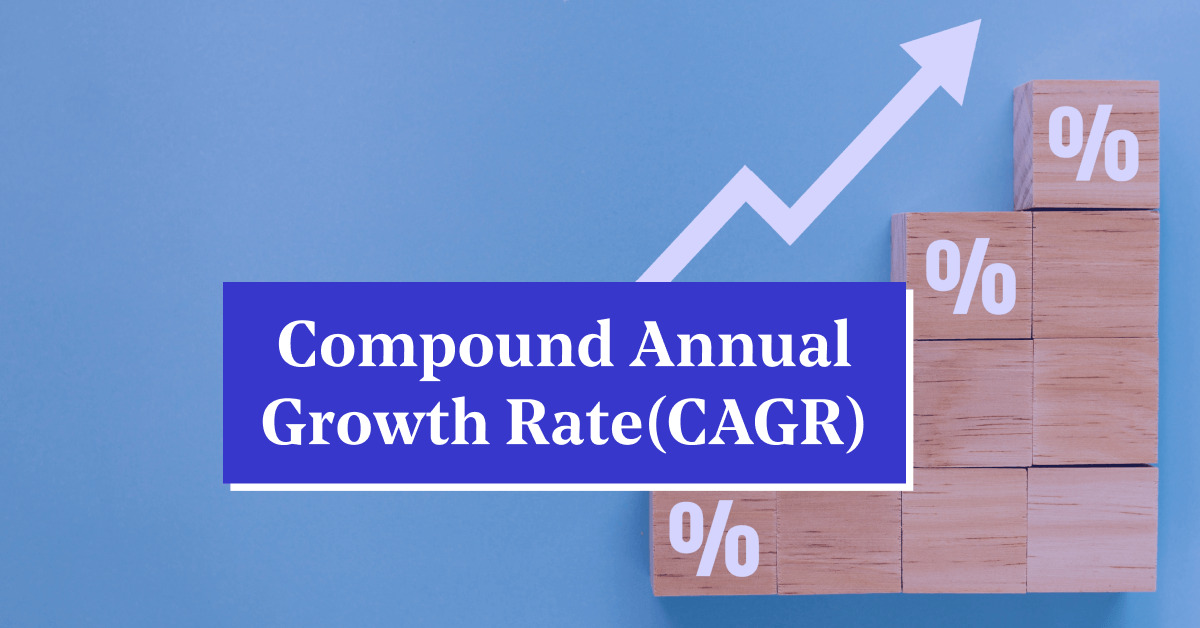Why Face Value Matters in Stock Investing: The Complete Guide

Investing in stocks is a great way to grow one's wealth. However, it's not as simple as buying low and selling high. Amongst various factors to consider, one critical element is the 'face value of share'. Understanding this concept can enable an investor to make more informed decisions.
The face value of share, also known as the par value, is the value at which a company's shares are initially listed in the stock market. It represents the minimum price below which a company cannot issue shares. It should not be mistaken with the market value, which fluctuates based on supply and demand economics. While the market value can drastically rise or fall, the face value remains constant unless altered by corporate actions like stock split or stock consolidation (reverse split).
The understanding of the face value of a share is further complemented by the comprehension of 'stock split', another crucial concept in stock investing. A stock split is a corporate action wherein a company decides to increase the number of shares by dividing the existing ones, without altering the total market capitalization. This action results in lowering the market price and increasing the overall number of outstanding shares, thereby making them more affordable for retail investors. However, the face value of the shares decreases proportionately, retaining the total value of the shares the same as pre-split.
For instance, consider a company has issued one lakh (1,00,000) shares with a face value of INR 10, and the current market price is INR 1000. The market capitalization is INR 10,00,00,000 (1,00,000 shares x INR 1000). If the company decides to execute a stock split by reducing the face value from INR 10 to INR 1, then the number of shares will increase to ten lakh (10,00,000) and the market price will drop to INR 100 while the market capitalisation remains the same at INR 10,00,00,000.
However, why does the face value matter? How does it guide an investor's decision-making process? First, the face value is essential in calculating key financial metrics like Earnings Per Share (EPS) and Book Value. These metrics aid an investor in assessing the financial health, growth prospects, and value of a company. A higher EPS can indicate a profitable entity, while a higher book value can suggest an undervalued stock.
Second, changes in face value can significantly impact the market price. As seen in the earlier example, a stock split reduces the market price, increasing the affordability for retail investors. This can lead to increased demand, potentially pushing the market price up. Conversely, stock consolidation can elevate the market price, making it less affordable.
It is crucial to remember that while this guide enlightens the importance of face value and stock split meaning in investing, it should not be the sole criteria while deciding to invest. Face value, like any other investment parameter, has its limitations given it remains constant and does not reflect the true market value of a company’s stock.
Disclaimer: Investing in the stock market involves risks, including the loss of principal amount. This article does not offer any personal financial advice or advocate the purchase or sale of any security or investment for any specific individual. Investors should gauge all the pros and cons and understand all the underlying risk factors of the companies before investing in the stock market.
In conclusion, understanding the face value of a share and the meaning of a stock split grants investors an additional lens to assess potential investments. It equips them to make well-informed decisions, aiming for optimal returns while being aware of the associated risks. However, it should be used in conjunction with other assessment tools and parameters for a comprehensive analysis. Happy investing!
Note: IndiBlogHub features both user-submitted and editorial content. We do not verify third-party contributions. Read our Disclaimer and Privacy Policyfor details.







